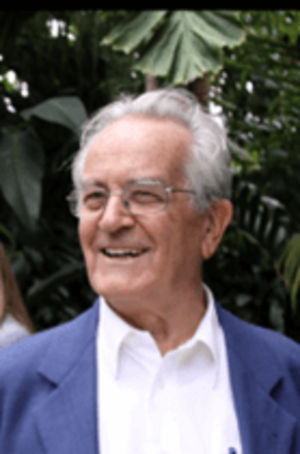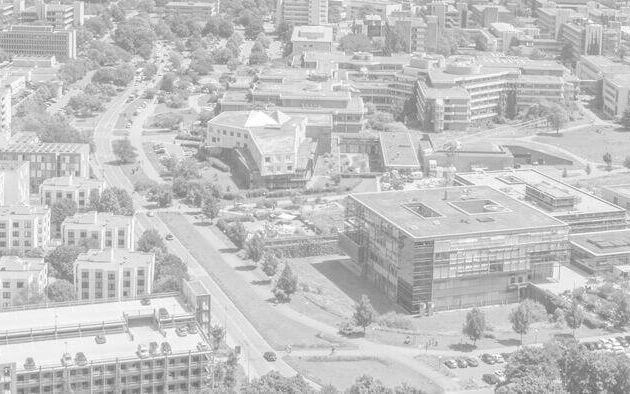About the Institute
The Heidelberg Institute of Global Health (HIGH) founded in 1962 is one of the institutes at the Faculty of Medicine at Heidelberg University, Germany’s oldest University. In over 60 years of its existence, the institute has contributed to the various paradigm shifts in tropical medicine to public health. It receives public core funding, however over half of the funds are competitively acquired for both research and teaching activities.
Through its research and teaching, the institute aims to contribute to improving the health of vulnerable populations worldwide especially in low- and middle-income countries and train the next generation of global health researchers and practitioners. To achieve this, we attach great importance to linking our activities in two ways: we want to make sure that our staff manages, teaches or evaluates development projects in the health sector of low- and middle-income countries, and participates in research so that their insight and experience from different activities are enhancing each other.
Scientists at the institute try to find new ways of improving the health of the world’s poorest and those most affected by disease, for instance in South Africa, Burkina Faso and Bangladesh. Their focus is on investigating the effects of mass treatments – such as in HIV therapy or the fight against malaria – and on researching healthcare systems in Africa and Asia.
The institute was founded in 1962 and currently has more than 200 members (2021).

We mourn the loss of Hans-Jochen Diesfeld, who passed away on March 19, 2025.

Prof. Dr. med. Hans Jochen Diesfeld
geb. 18.4.1932, gest. 19.3.2025 in Starnberg
All members of the Heidelberg Institute of Global Health have been standing on his shoulders, as founder of the institute, academic teacher, mentor and friend.
We will remember him as a kind and visionary leader, who accompanied and shaped our institute’s development from tropical medicine to global health. His strong conviction that health and disease are anchored in the social and cultural environment has shaped our work and will continue to do so.
A ceremony was held by his family and closest friends on March 28 in his native Starnberg. His urn will be buried in May or June, t.b.a.. Furthermore, HIGH will convene a memorial ceremony in Heidelberg, which will allow his scientific colleagues and friends from far and near to share memories and highlight the scientific impulses he gave on the path from tropical medicine to global health.




